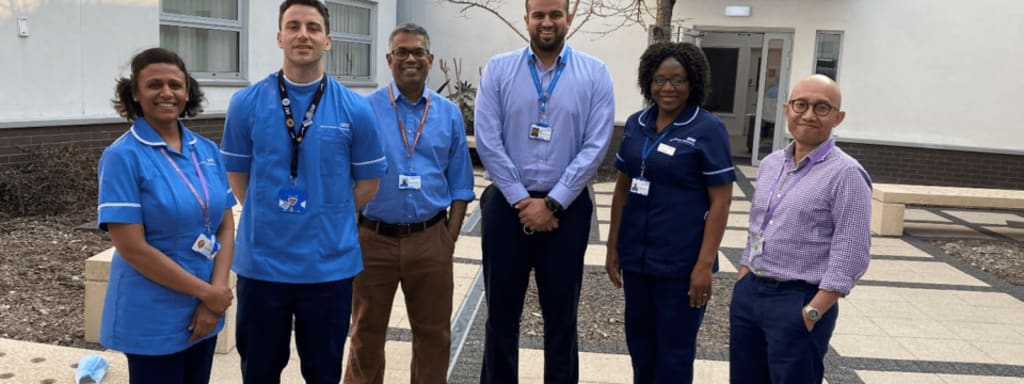
The NHS has released the latest data and findings which illustrate the impact strikes by junior doctors and consultants are having on the state of patient care in the UK. The immediate findings show that just over a million inpatient and outpatient appointments have had to be rescheduled due to a lack of proper qualified staff on strike days. The latest round of strikes took place from Wednesday 20th December to and finished on Saturday 23rd December. Further strikes are planned from the 3rd to the 9th of January which will further effect the quality of care patients are receiving at difficult times.
The strikes were called due to the fact that junior doctors were offered an insulting and well below inflation pay rise of 2%. This comes at a time when people in other professions have been seeing their pay rise in line with the rate of inflation during a time when the country is being crippled by a cost of living crisis. Working doctors have been hit hard due to the insecurity they are suffering when the ammount of pay they receive is going down at a time when prices are ballooning out of control in the every day market place. They say that no one can be expected to stay in a grueling, high pressure job, during a time when their pay is being eroded year on year. They are calling on the government to give them full pay restoration to amend the ammount of money they receive so that it remains in line with inflation.
Only looking at the strikes which occurred during the Christmas period, it can be seen that around ninety thousand more appointments had to be rescheduled for patients needing care. This not only puts people’s lives on hold but also leaves them worrying during a time when they might have their mind on other things such as how they are going to afford to heat their homes or feed their families at a time when prices in the shops are on an upward trend.
NHS national medical director Professor Sir Stephen Powis said:
“This latest round of strike action over the festive period has put an already overloaded heath service under significantly more pressure – three days of strike action, ending two days before Christmas, has seen almost 89,000 more appointments rescheduled for patients needing care.
“As well as having an impact on planned care, industrial action is putting pressure on wider services, and prioritising emergency care takes staff away from other areas such as recovering services.
“With another six-day walkout coming in the New Year at what is one of the busiest times for the health service, strike action is once again going to bring significant challenges to the NHS as it struggles to provide for patients amid severe disruption.
“As ever, over the festive period, we encourage people to attend A&E and call 999 in life-threatening emergencies, but to use 111 online for other health needs.”
Many news organisations round the country have been keeping their readers and viewers up to date on what is a highly inflammatory topic. Many people will be desperate to receive the treatment they need in order to live as normal a life as possible. Following the Covid 19 pandemic when we were encouraged to live under lockdown conditions and not see our family as much as we wanted, the majority of the population will want to ensure they stay as healthy as possible to avoid any unnecessary health related conditions that they may develop.
The UK government are now considering introducing new regulations which could force some doctors and nurses to work during periods of strike action. This should add an extra form of care and safety to patient care, however there will still need to be ongoing negotiations to settle the pay dispute for junior doctors, nurses and consultants.